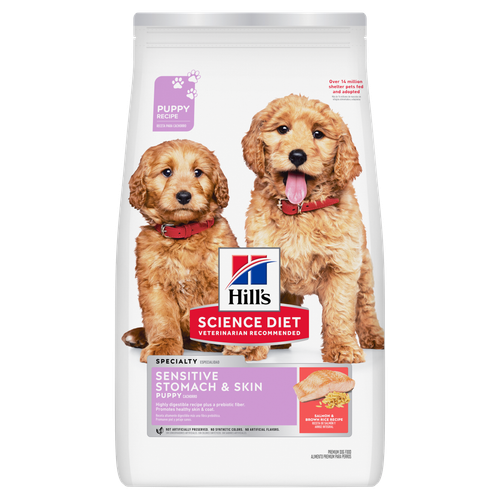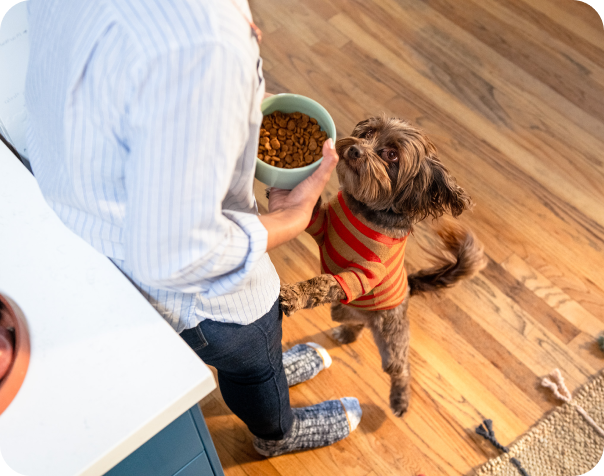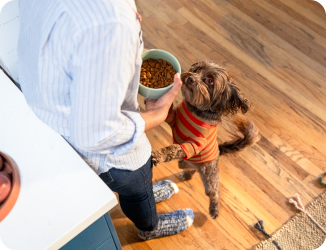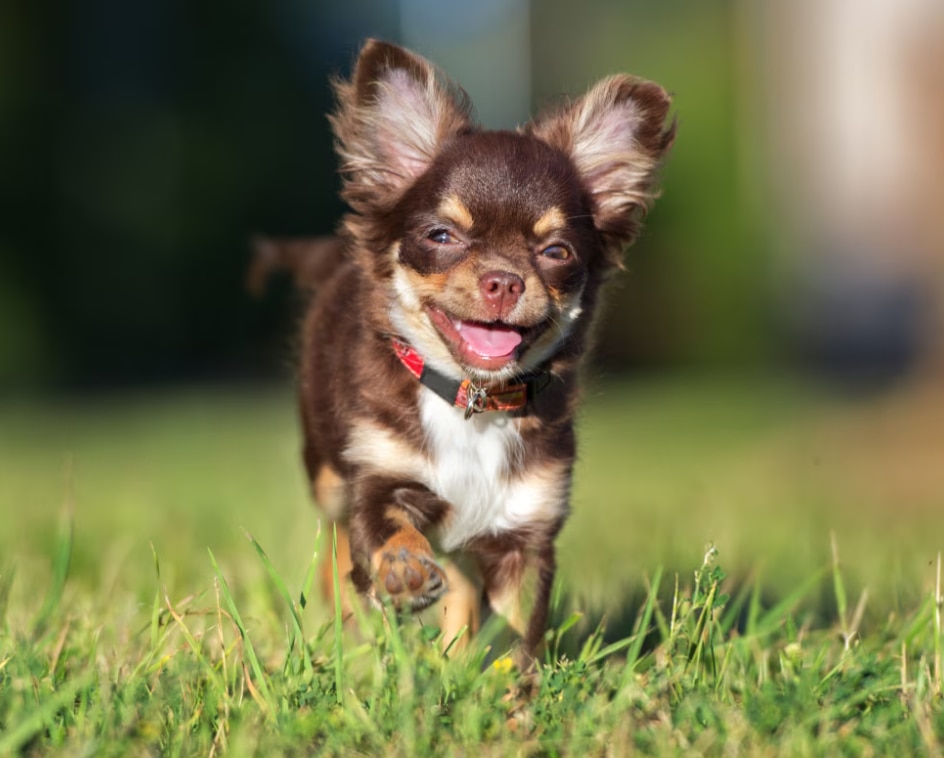Nutrition fit for the small & mighty
SCIENCE DID THAT.
Nutrition fit for the small & mighty
SCIENCE DID THAT.
What is considered a small dog breed?
From Dachshunds to Yorkshire Terriers, small breeds are generally defined as dog breeds that weigh 25 pounds or under as adults. Commonly classified as “toy”, “miniature” or “companion” dogs, they share some unique needs based on their biology, breed, and disposition.

Hill’s offers small dog nutrition for a variety of needs and every stage of life.
We formulate our small breed dry foods and wet foods for their unique calorie requirements and lifestages. Small & Mini formulas contain vitamin C + E to help support a healthy immune system. Each with at least 8x more vitamin E than the required AAFCO minimum.
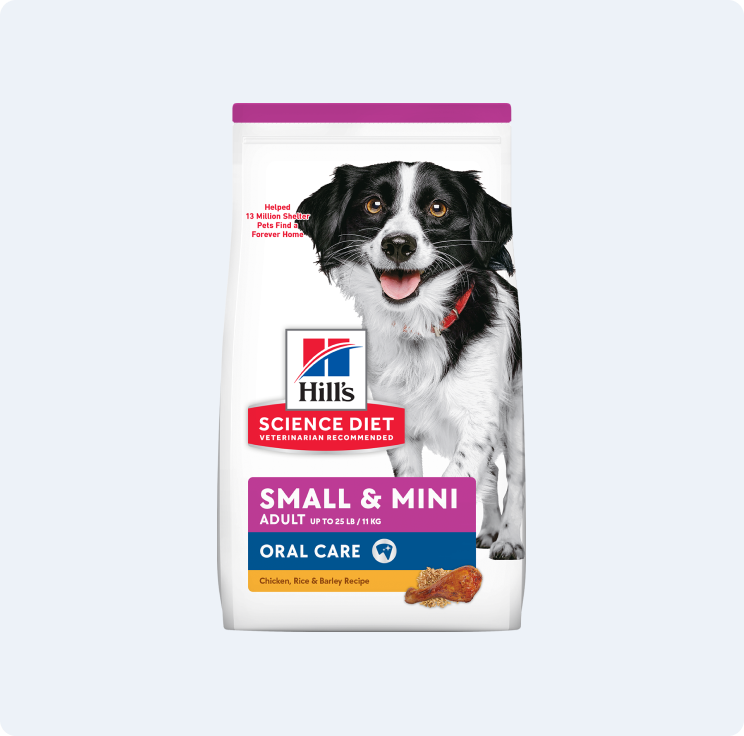

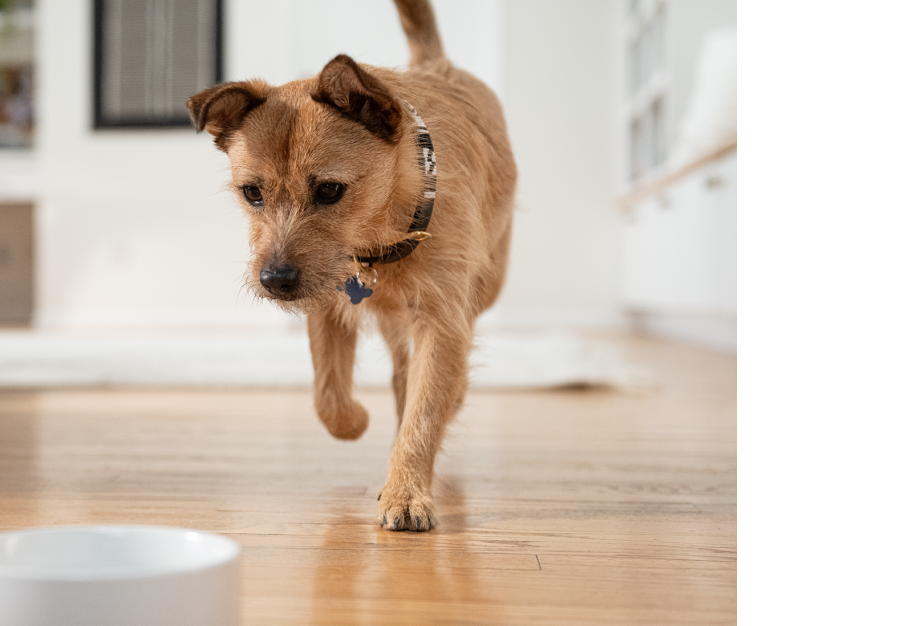
Caring for a small breed dog
Small and toy dog breeds might be little, but they're all dog, with all the diverse traits you can find in larger breeds all wrapped up in a tiny package, along with some unique personalities and characteristics.
Caring for a small breed dog
Small and toy dog breeds might be little, but they're all dog, with all the diverse traits you can find in larger breeds all wrapped up in a tiny package, along with some unique personalities and characteristics.
- Common Stressors
- Special Grooming
- Playtime Needs
Common stressors include:




A small dog should have their own space. A crate, carrier, basket, or mat, where they can feel safe and calm.
Good grooming habits are important for small breed dogs:










1. Coates, Jennifer. “Nutritional Differences for Small, Toy, and Large Breed Dogs.” Petmd.Com, PetMD, 3 Feb. 2012, www.petmd.com/blogs/nutritionnuggets/jcoates/2012/feb/nutrition_differences_for_small_toy_large_breeds-12459. Accessed 26 Oct. 2020.


With a team of vets, nutritionists and food scientists, we develop nutrition driven by pets’ needs.


Our forward-thinking approach is driven by science-led nutrition, sustainability & love.


Our safety standards are modeled after human food manufacturers.


